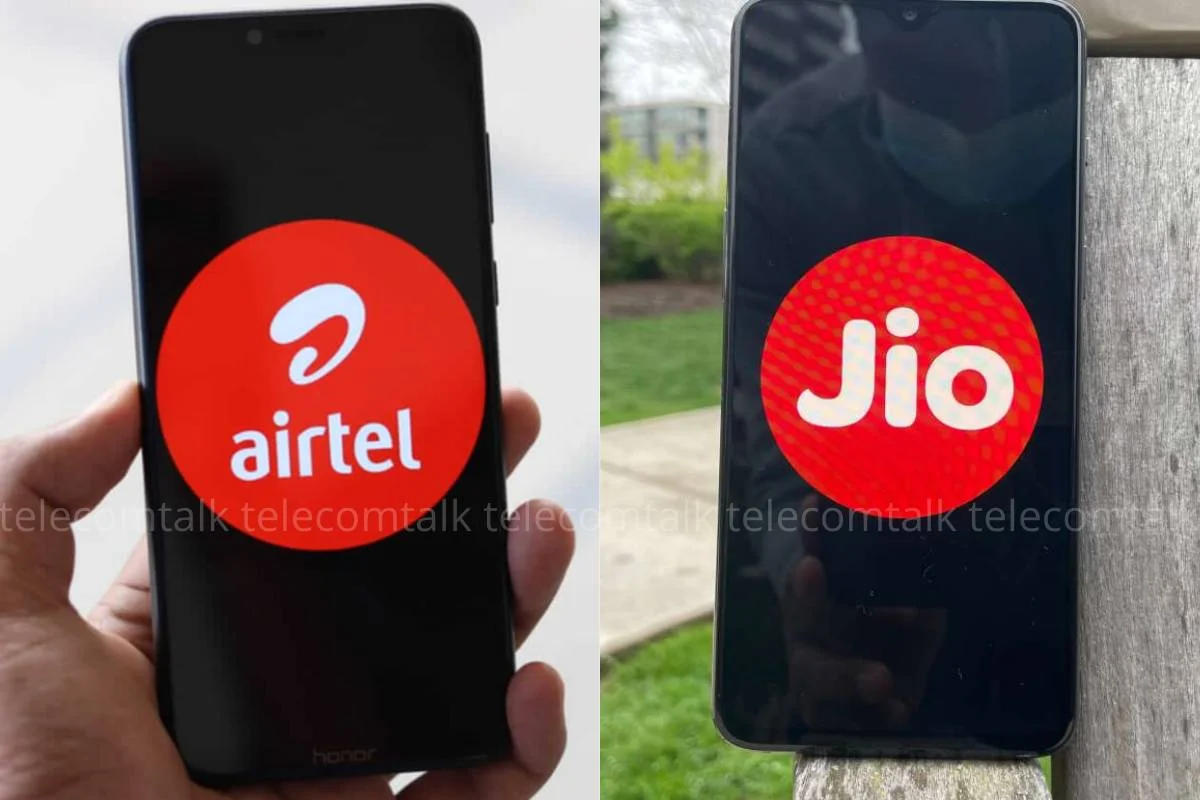
The talks around the arrival of a duopoly in the Indian telecom market have revived, given the position of Vodafone Idea (Vi). It must come as a huge disrespect now and again for the state-run telco, Bharat Sanchar Nigam Limited (BSNL), which isn't even considered competition at all. Jio and Airtel are the only telecom operators that are able to give a return to their investors. Also, Jio and Airtel are the only ones that are adding subscribers, rolling out 5G, have a strong fixed-line broadband business and expanding into other offerings with their mobile apps. To be fair, even Vodafone Idea is doing well in offering more value to customers through the Vi app on smartphones. But that hasn't created a shred of difference for Vi.
Kotak Institutional Equities said in a recent report that Airtel and Jio duopoly could become a reality if the tariff hikes are delayed in India. Because of the low tariffs, telcos can't get sustainable returns from their subscribers, even after investing thousands of crores into building telecom infrastructure across the country.
Read More - Will Offering Free 5G Really Push Consumers to Pay for it Someday
Airtel and Vi have been quite vocal on the matter of tariff hikes. But Vi can't just hike the tariffs without Airtel and Jio taking the first big steps. While Airtel has removed the base plan of Rs 99 from all telecom circles and made the new base option the Rs 155 plan, Vi can't do the same. It is because it would lead to higher subscriber churn, something it has not been able to control in the last few years.
The Indian government isn't likely going to sit quietly if matters get worse for Vi. There are two major reasons behind this. First is that it would lead to a duopoly, which is really bad for the country and its consumers. The second reason is that government is the largest stakeholder in the telco. In Feb 2023, the government became the largest stakeholder in Vi when the telco's statutory dues were converted into equity for the centre. Even after issuing the OCDs (optionally convertible debentures), the government remains the largest stakeholder in the company while its promoters, including the Aditya Birla Group and the Vodafone Group UK, have taken a back seat.
I don't think the promoters had any issue with giving up equity in the company to ensure its survival. They certainly weren't ready to infuse more capital into the telco, as for them, their legs were dipped just far enough to repel them from diving in deeper. The telco is trying to raise funds, but no development has come in this regard so far.
The government wouldn't let the crucial telecom market turn into a duopoly. It would be harmful to the economy and the customers. Thousands of jobs would be gone if Vi were to shut shop, and that would be a huge setback to India's digital vision. While Vi isn't doing as well as Jio and Airtel, it still has more than 200 million customers in India, and many of them are also enterprise customers. Enterprises, whether small, medium or big, are important to the economy. If Vi were to go down, these enterprises would see a disruption in service which would be fatal for the smooth functioning of the economy.















